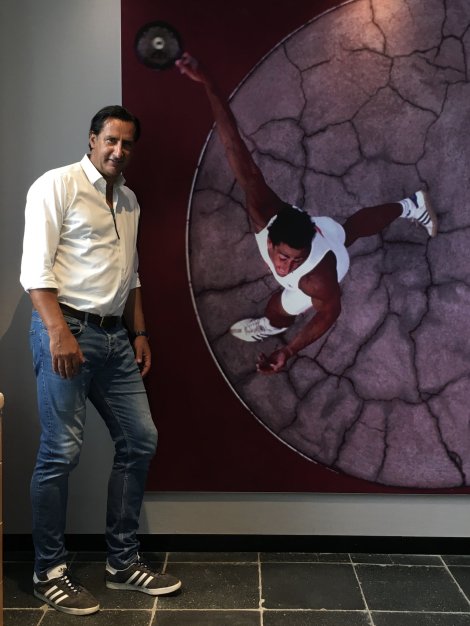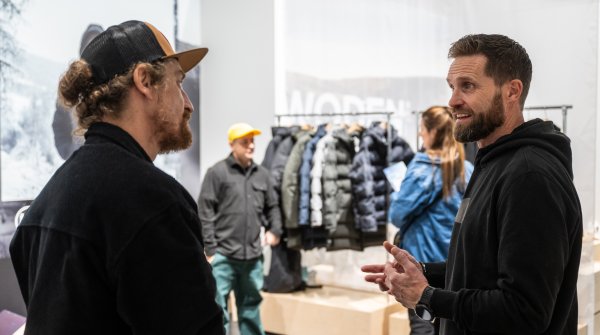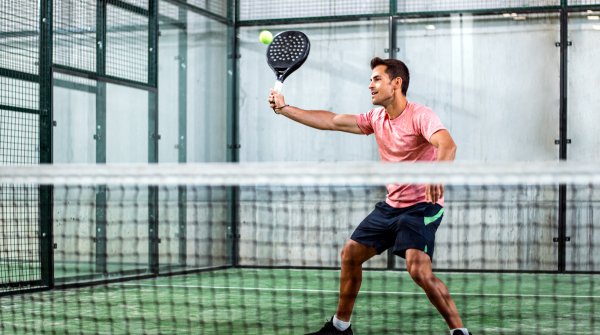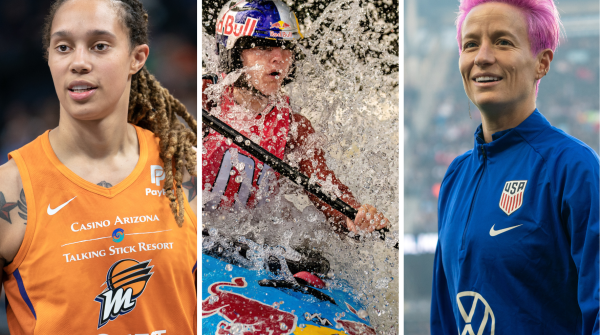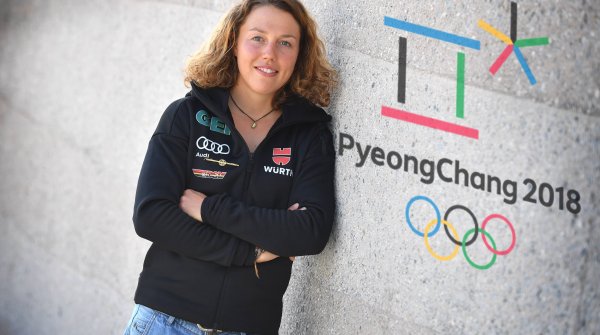I am proud of my two sons. In addition, at the age of 23 I managed to fulfill 100 percent of one wish (winning the gold medal in the decathlon at the 1988 Olympic Games in Seoul, editor's note).
My worst defeat was in Götzis, when a doctor injected my arm numb during the qualification for the 1992 Olympic Games. That meant my entire preparation was for nothing, because I wanted to win another medal. But that was thwarted by a wrong injection.
For me, the joy has always been in the foreground. So when someone tells me that professional sports are a psychological burden, I think the approach is wrong. Of course, I say in my book that pain and sport are like Siamese twins for me. We high-performance athletes are all masochists. And of course, in individual sports, you have to constantly push the limits. But I loved it, also because I was successful. And with us decathletes, the advantage is that we don't just learn one discipline, there are ten. That was a gift for me.
I love Skyr - I treat myself to it every day. That is luxury for me.
In sports, we have come a long way, at least at the top level. Some athletes have managed to achieve a certain media presence through their great performances.
With my experience as a former state coach in para athletics in Mecklenburg-Vorpommern, I have to say that there is a huge need to catch up at club level. This is due to the lack of training for para-trainers and the lack of integration of the topic of inclusion in the training of trainers, starting with the C license. Furthermore, there are uncertainties and fears in the clubs, among the coaches and trainers to look after untrained para-athletes. Therefore, there is a lack of offers. I have also noticed that parents did not even know that there were opportunities for their children to participate if they had a medical condition. Therefore, public relations work and the provision of offers are existential. This requires will and empathy.
In summary, I would like to say that sport is a driver of inclusion in Germany. I am a friend of the interdisciplinary. I see solutions in festivals, joint events and workshops. The inclusion of para athletics, for example, in the curricula of coach training is imperative.
Listen to the life stories of your parents or others. Listen to how you can be successful. That is the maxim for me: learn from the experienced.
- ISPO awards
- Mountain sports
- Bike
- Design
- Retail
- Fitness
- Health
- ISPO Job Market
- ISPO Munich
- ISPO Shanghai
- Running
- Brands
- Sustainability
- Olympia
- OutDoor
- Promotion
- Sports Business
- ISPO Textrends
- Triathlon
- Water sports
- Winter sports
- eSports
- SportsTech
- OutDoor by ISPO
- Heroes
- Transformation
- Sport Fashion
- Urban Culture
- Challenges of a CEO
- Trade fairs
- Sports
- Find the Balance
- Product reviews
- Newsletter Exclusive Area
- Magazine
